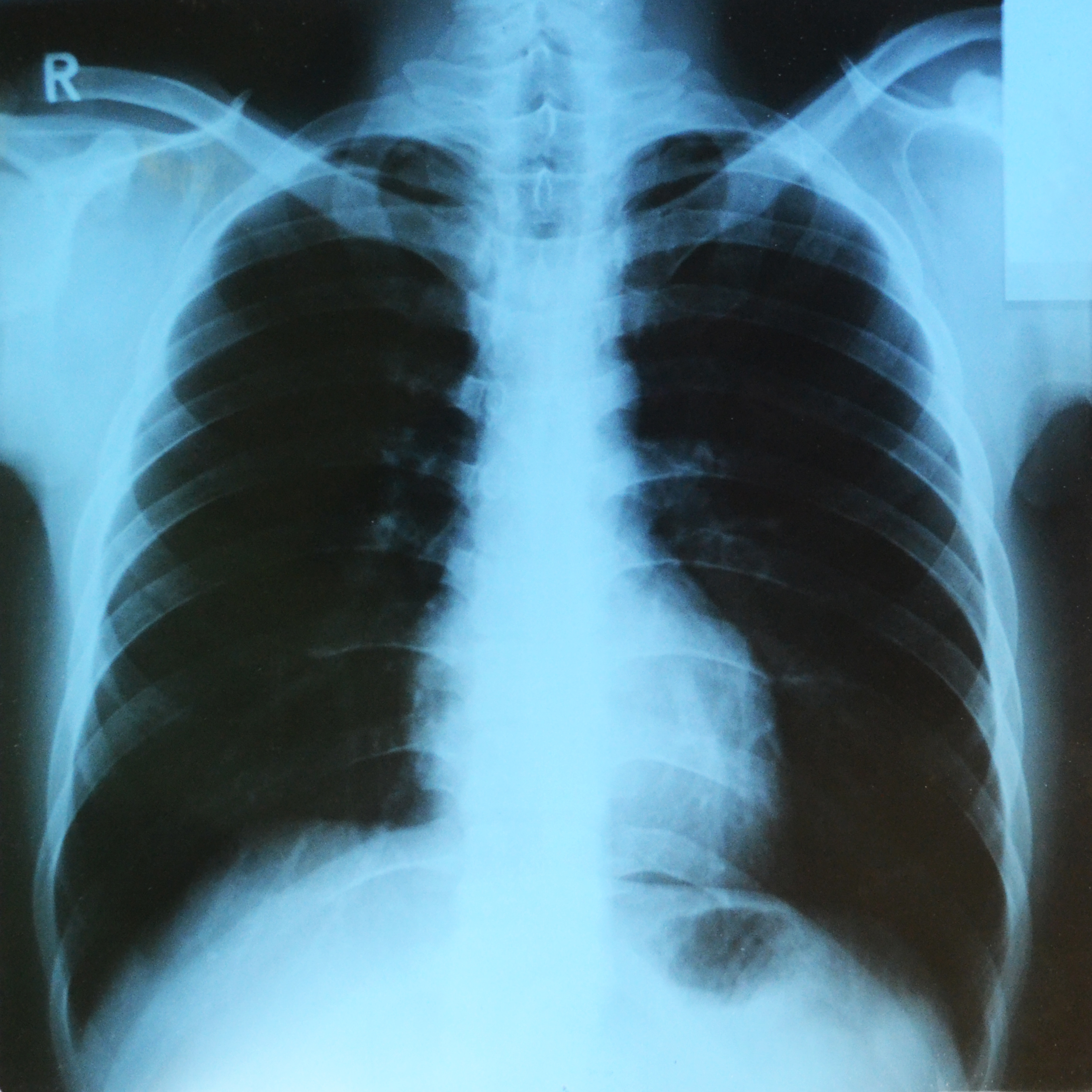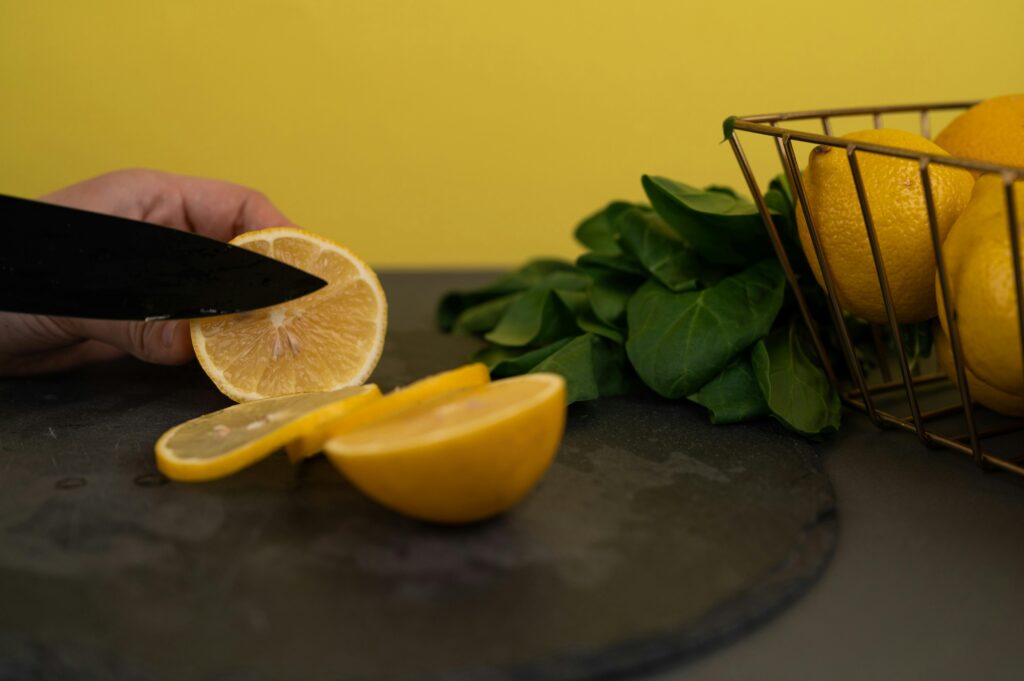Kapha binds the body while Vayu propels prana through the body and Pitta transforms matter from one state to another maintaining a healthy immunity. Kapha – a sturdy body equation, provides structure and robustness to all things and gives the cohesiveness needed to maintain a particular form. It is composed out of earth and water components. It exhibits properties of being heavy, slow, cool, smooth, slippery, thick, sticky, stable, gross, and cloudy. It additionally maintains a healthy moisture in all cells, lubricates the joints, saturates the skin, maintains immunity and safeguards tissues. A body that has predominantly Kapha, is physically dense, compact and has a tendency to put on weight easily.
Kapha Dosha Characteristics
- Large, broad body frame
- Moderate appetite
- Deep and sound sleep
- Pleasant & deep voice
- Moderate sweating
- Good Stamina
- Low Thirst
- Calm & Polite Nature
- Tendency to gain weight
- Smooth & glossy skin
Organs that are predominantly Kapha

Lungs – Lungs are the primary organs that produce kapha in the body. The moisture in the lungs maintains a healthy environment for proper exchange of gases in the body.
Stomach – The gastric chamber or the stomach is another organ in the body that has a mucosal membrane that is maintained to properly breakdown foods and prepare it for digestion.
Physical location of Kapha dosha
Kapha is located in 5 parts of the body. They are Avalambaka (in the chest as pleural fluid, pericardial fluid as well as mucous in the lungs), Kledaka (as mucosal secretions in the stomach), Bodhaka (as saliva), Tarpaka (as mucous secretions in the sinuses as well as fluid in ventricles of the brain) and Shleshaka (synovial fluids) in the joints.
What does excess Kapha do to the body?
Excess kapha in the body triggers certain symptoms in the body. Ayurveda texts mention the effects as; sludgy, the nerves produce a bad odour, produces phlegm in the throat. It is foul smelling, is impure. It produces bad odour in the capillaries. Hunger gets destroyed, the quality of saliva changes and reproductive tissue get affected. It produces false hunger constantly.
Parts of the body that get affected
When doshas accumulate in the body, it manifests in the mouth as bad breath, excess and sticky salivation. The breasts in both men and women accumulate toxins forming benign tumours. Feet feel heavy and upper part of the arms enlarge in size.
Tips to keep a right balance
Appropriate Foods, water, activity, rest and sleep are the easiest ways to maintain right balance of the doshas. The balance of food types differs from person to person. You can get to know about your body and its balance from a Nadi Pariksha.




Pingback: What is the role of Ayurvedic Medicines in well-being? - Nadichikitsa
Pingback: Traditional Diets During Monsoon - The Indian Diet - Prevention is Care